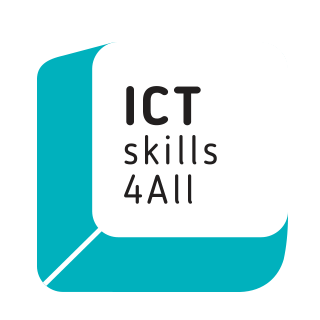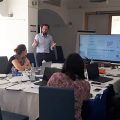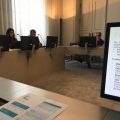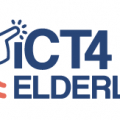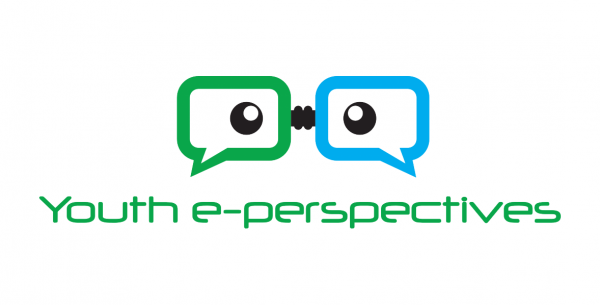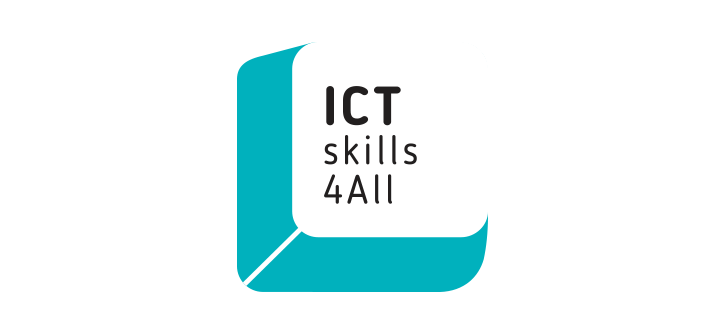
18 Sep ICTSkills4All – Empowering old citizens for a digital world
18 Sep, 2018
Facebook: @ICTskills4All
In our transforming society lack of digital skills in the elderly population is synonymous to social isolation; inability to access information and services, including health services; loss of autonomy; and an increased sense of inadaptability. ICTSkills4All – Empowering old citizens for a digital world aimed at fostering digital skills, self-confidence and online safety of old adults aged 55 years and over who have minimal or no engagement with digital technology. In order to do so, the ICTSkills4All project had developed an ICT Learning Programme, which included:
- A dedicated online platform with information, training tools and resources addressed to those who have low digital skills;
- Face-to-face support using the inter-generational and peer-to-peer approach addressed for those who have no digital skills. The aim of this phase was to provide these people with the basic digital skills that allow them to access the platform.
- the inter-generational approach, where university students help the elderly;
- the peer-to-peer approach, where the elderly with no digital skills are assisted by colleagues with more skills. The pilot activities took place in four partner countries: Portugal, UK, Latvia and Poland.
TARGET GROUP
This project directly addressed older adults aged 55 and over who have minimal or no engagement with digital technology. The short-term impact goal is to train at least 160 elder adults without digital skills. Two pilot groups, one testing the inter-generational approach and the other testing the peer-to-peer approach, was run in each pilot country (UK, Poland, Portugal, and Latvia). Each of them involved 20 adults, plus 5 teenager per group in inter-generational pilots and five old adults with digital skills in peer-to-peer pilots. Due to the vulnerability of our target group, to reduce the risk of spreading the infectious disease and in full adherence to the local public health restrictions, the face-to-face activities and the peer-to-peer pilots were replaced with digital initiatives, also addressing families in order to reach out to the elderly population.
RESULTS
- At the end of the first year of the project, two reports were produced: one about best practice on online resources and the other about inter-generational and peer-to-peer educational programs dedicated to improving digital skills in old adults. These two reports were used by the ICTSkills4All project partners for the development of online contents and of inter-generational and peer-to-peer educational programs.
- At the end of the second year, the online platform was launched including the open online courses/modules. Moreover, at the same time, the training materials were released to support inter-generational and peer-to-peer in-person pilot courses.
- During the last year of the project, policy recommendations have been produced as well as the final version of the educational programs based on the evaluated results of pilots.
INTELLECTUAL OUTPUTS
- Online resources to improve digital skills in older adults;
- Intergenerational and peer-to-peer educational programs for older adults;
- Development of Materials for online support and usability tests;
- Development of materials for in-person support;
- Piloting and Analysis of results of learning programs;
- Recommendations and Exploitation Roadmap for transferability of ICTskills4All results.
PARTNERS
- University of Porto, Portugal – Coordinator
- HIPOKAMP, Poland
- Cybermoor Services, United Kingdom
- Rigas Aktivo Senioru Alianse, Latvia
- ALL DIGITAL, Belgium



